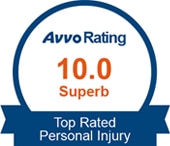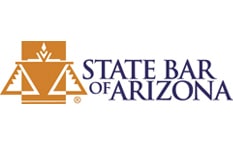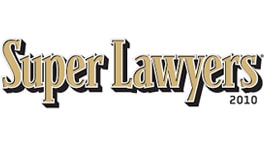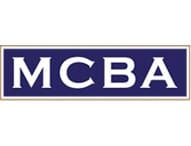Arizona Enacts Provisional Licensing for Former Felons
A Fact Sheet published by the National Employment Law Project on August 1, 2016, conservatively estimated that roughly 70 million people in the United States have some sort of criminal record. Having a criminal record can make it difficult to obtain an occupational license required by the State of Arizona.
On May 1, 2017, Governor Ducey signed a bill adding A.R.S. § 41-1093 which gave state licensing boards the authority to issue either a regular license or a provisional license to an otherwise qualified applicant who has been convicted of an offense. A provisional license is valid for one year and the ability of the applicant to subsequently obtain another such license in the future is within the discretion of the licensing authority. The law does not preclude a licensing authority from exercising its existing discretion to issue a license to individuals who are not covered under this law.
If an applicant is employed in a licensed assisted living or skilled nursing facility, the provisional license must include a condition that the provisional licensee may only work under the direct supervision of another licensee who is not a provisional licensee, and the supervising licensee must sign a verifying affidavit.
If a provisional licensee was convicted of an offense that involves a violation of Title 13, Chapter 15 (criminal trespass or burglary) or 19 (theft) within the last ten years and if the occupation is one in which a licensee regularly enters private residences, the provisional license must include a condition that the provisional licensee only work under the direct supervision of another licensee who has no criminal record during all home visits and the supervising licensee must sign a verifying affidavit. If the offense occurred more than ten years ago, the condition is discretionary with the licensing authority. The regular license may include this condition if the licensing authority determines that the condition is warranted. The licensing authority may conduct reasonable enforcement activities to ensure this supervision condition is complied with over the course of the license term.
The licensing authority may revoke a provisional license if the provisional licensee is charged with a new felony; commits an act or omission that causes the provisional licensee’s community supervision, probation or parole to be revoked; or violates the law or rules governing the practice of the occupation for which the provisional license is issued.
The new law does not apply to the following applicants:
- Convicted of a crime that results in the death or physical injury or any criminal use of a deadly weapon or dangerous instrument according to A.R.S. § 13-901.03;
- Convicted of public sexual indecency to a minor according to A.R.S. § 13-1403(B);
- Convicted of sexual abuse, sexual conduct with a minor, sexual assault, sexual assault of a spouse, molestation of a child, continuous sexual abuse of a child, sexual misconduct by a behavioral health professional, commercial sexual exploitation of a minor, or sexual exploitation of a minor according to A.R.S. § 13-1420;
- Convicted of kidnapping according to A.R.S. § 13-1304;
- Convicted of a crime involving forgery and related offenses, credit card fraud, business and commercial frauds, fraudulent schemes and artifices, or fraudulent schemes and practices where the licensee owes a fiduciary duty to a client according to A.R.S. Criminal Code Title 13 chapters 20-22, A.R.S. § 13-2310-11. Some examples of occupations where a licensee owes a fiduciary duty to a client include real estate agent, certified public accountant, certified financial planner, lawyer, doctor, architect, and professional engineer;
- Any occupation where the licensee would be supervising vulnerable adults or children;
- Convicted of committing a crime in the course of performing the duties of the occupation or a substantially similar occupation; or
- Repetitive offenders according to A.R.S. § 13-703.
If you are currently facing criminal charges that may keep you from obtaining a provisional license, you need an experienced defense attorney. Attorney Gary Rohlwing has over three decades of experience. Call him today for a free consultation.







